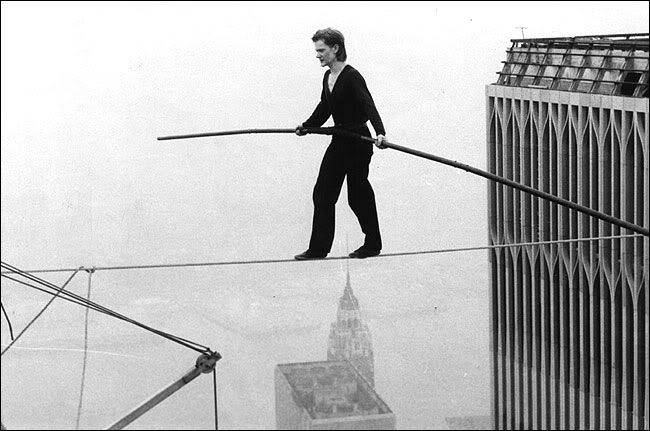
It’s important to have goals, in just about everything you do. The somewhat tricky part is that not everything will have defined goals laid out for you. The deadlines of a dayjob, the billing dates of utilities, the expiration on a gallon of milk – these give us tangible goals. Other goals aren’t usually as well defined.
Take gaming, for example. People are under no obligation to reach a particular level in World of Warcraft, Mass Effect or EVE Online. In fact, EVE has no “end-game” content to speak of. There’s no sprawling story structure of quests and rewards – just you, your starting vessel and the vast emptiness of space. To keep things interesting you have to set goals for yourself – get this skill to a certain level, earn enough money for that class of ship, be good enough to be invited to the Awesome Express corporation.
Mass Effect, being a single-player experience, has the goals of the story missions, side quests and DLC, but beyond that you really don’t have any obligation to play it more than once. Yet I find myself contemplating doing just that. I’ve beaten both games on standard difficulty (as an Inflitrator) and Hardcore (as a Vanguard). But the Insanity difficulty taunts me. I also never hit the maximum level in the first game. So at some point, I’ll be revisiting it, and maybe I can put together a review of ME2’s DLC while I’m at it.
As for World of Warcraft, my main character’s plunging into the final end-game raid of the last expansion. I’m also getting him geared up for the arenas, which are pretty much the pinnacle of player-versus-player skill. Meanwhile, I have two other characters I’m working on, one for the purposes of change-of-pace gameplay (tanking as opposed to DPSing) and one for role-playing purposes. It’s difficult to portray a charismatic, powerful villain when you’re only half as powerful as everybody else in terms of level, after all.
Outside of my various electronic distractions, other goals approach as well. I’ve been doing podcasts for IT CAME FROM NETFLIX! for almost a year, and in a few months I’ll have been getting blog posts up for over 365 days. The editing process of Citizen in the Wilds proceeds, I’m trying to get a hold of Polymancer again and in a few weeks I’ll know the end result of my efforts to place in the Blizzard fiction contest. Once these goals are met, however, I know I can’t stop – new ones will have to be set, otherwise I’ll just be puttering around in games all day.
I mean, more than I usually do.
What sort of goals do you/have you set for yourself? How do you reward yourself when you reach them?






